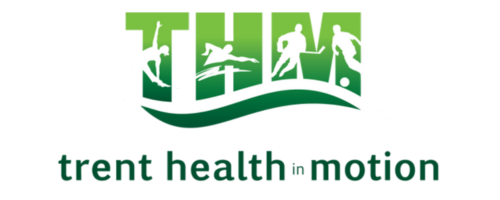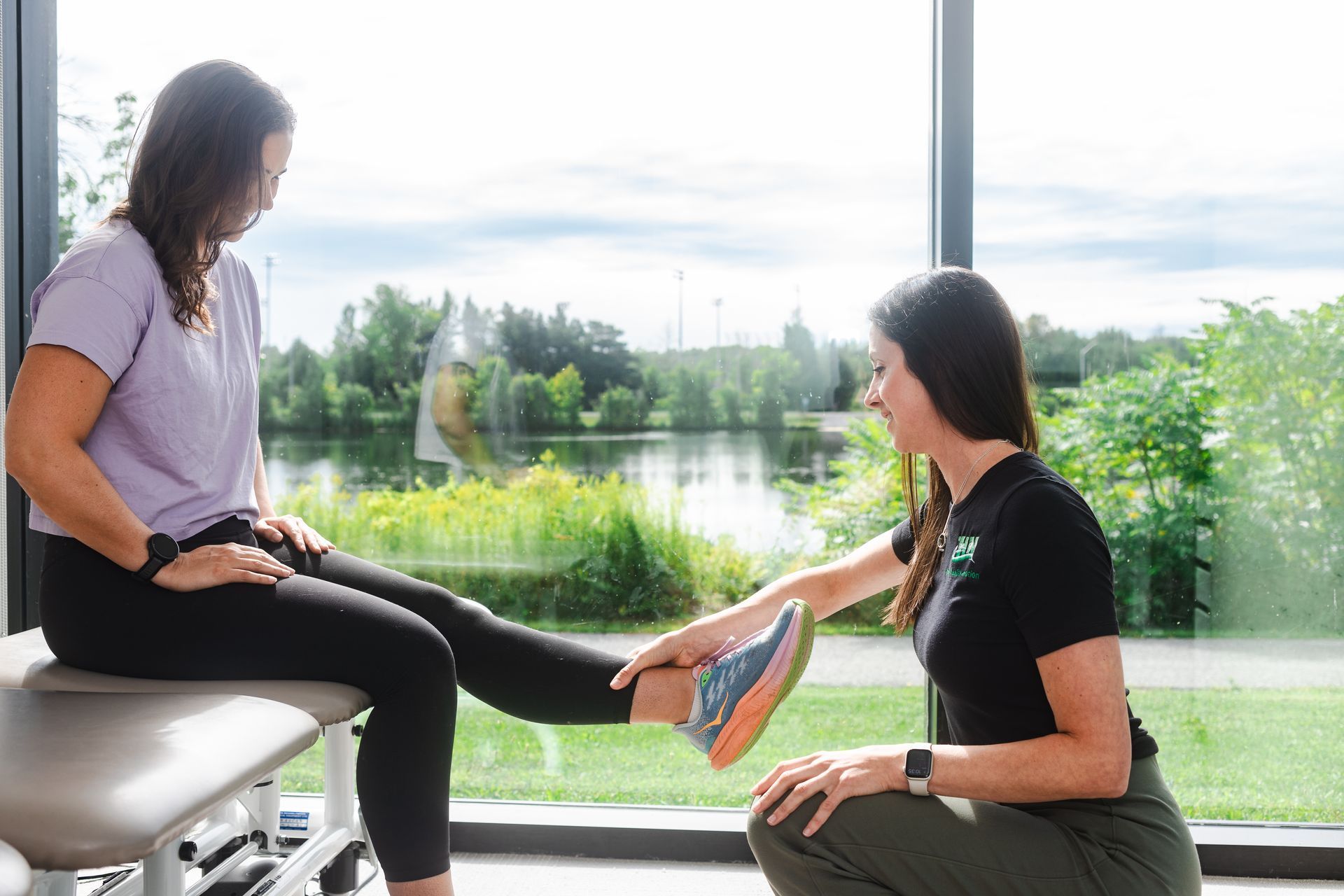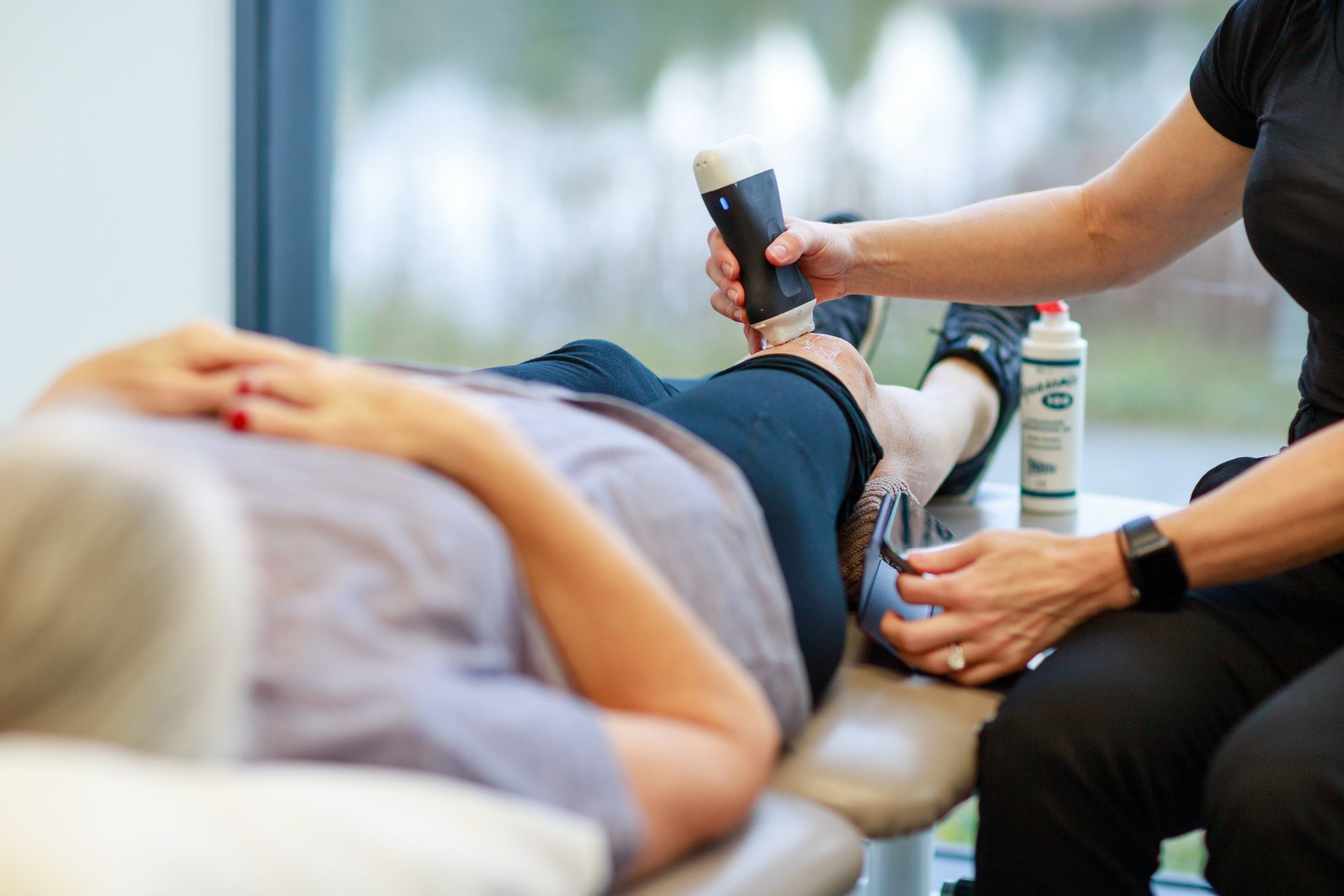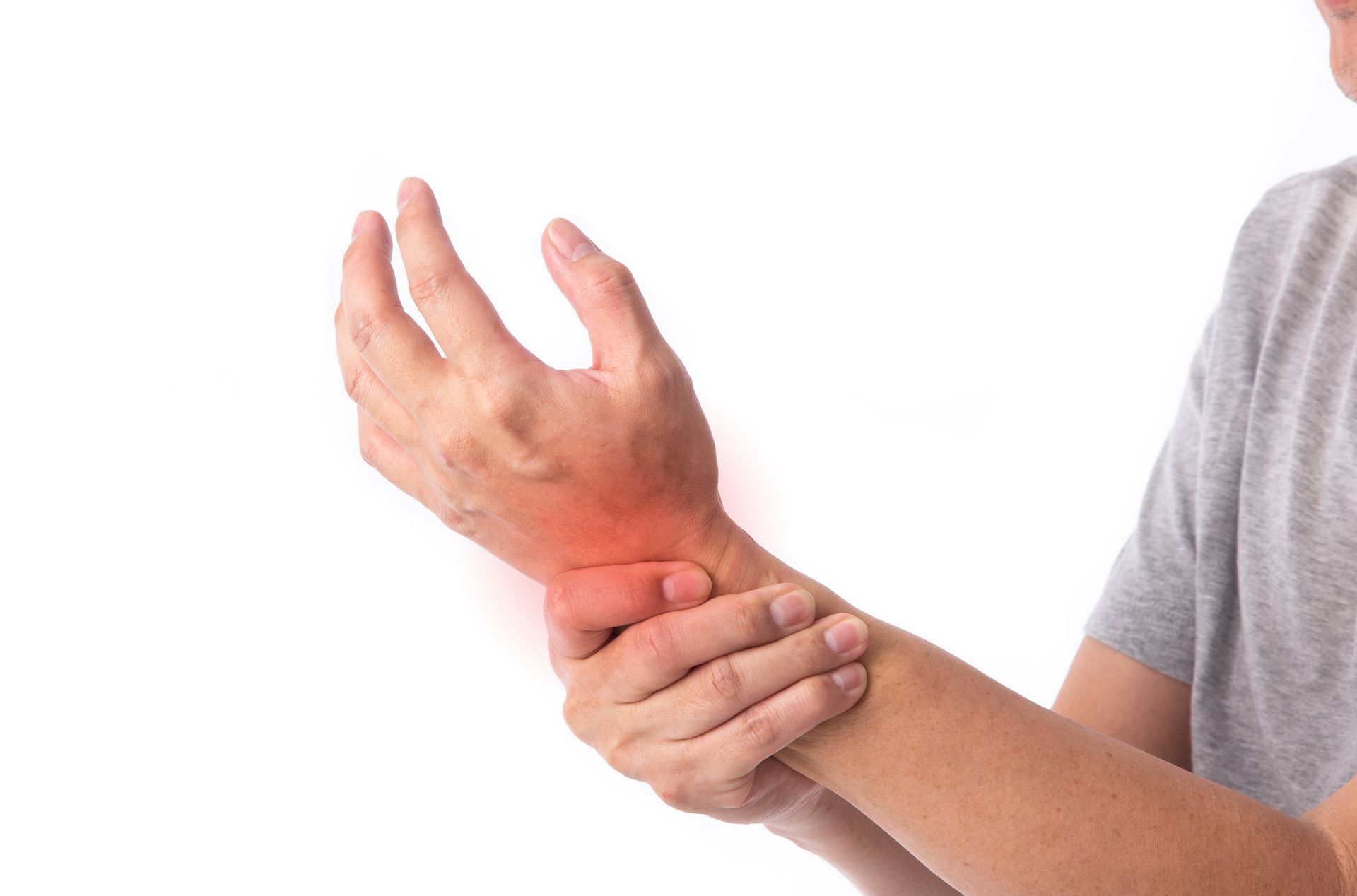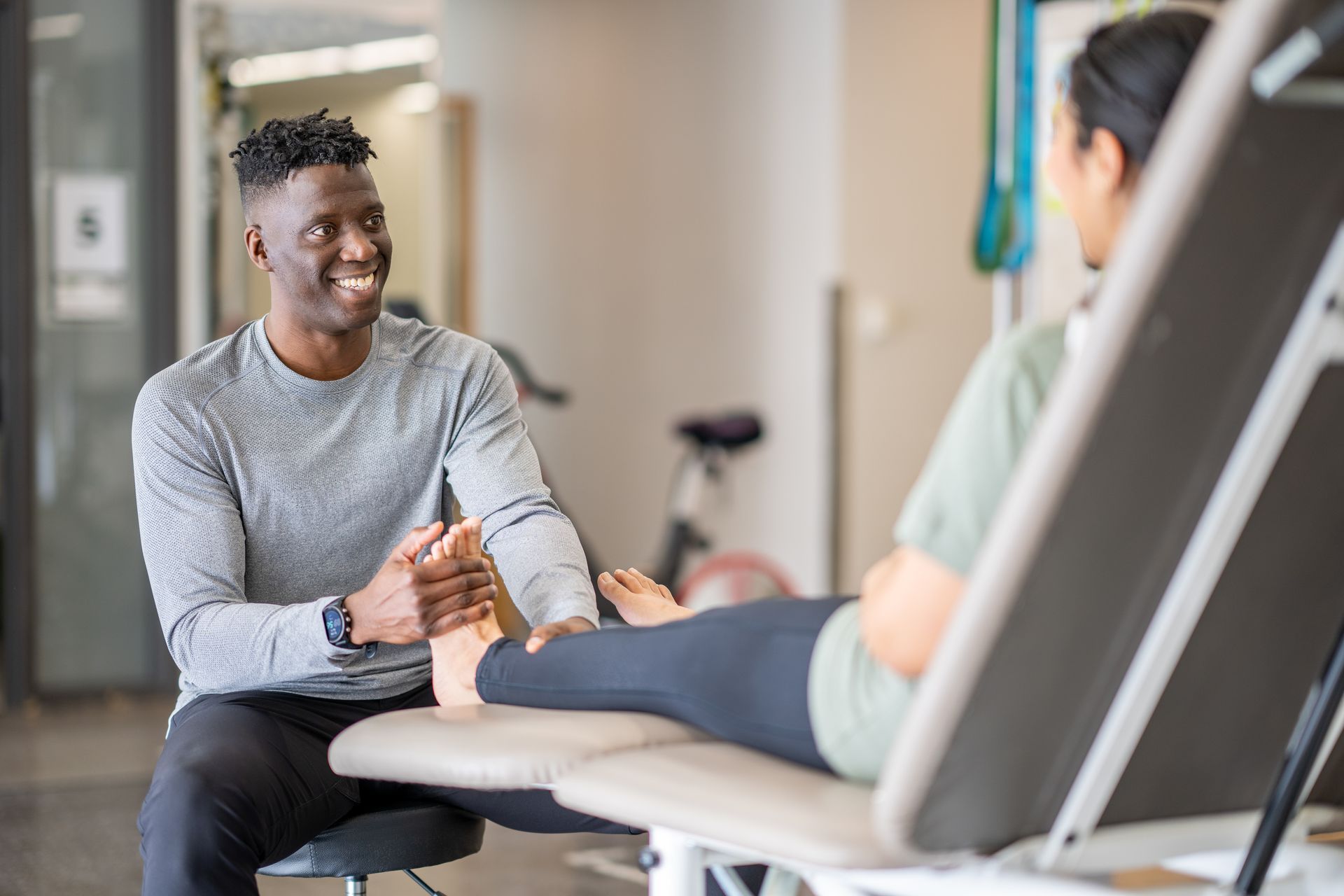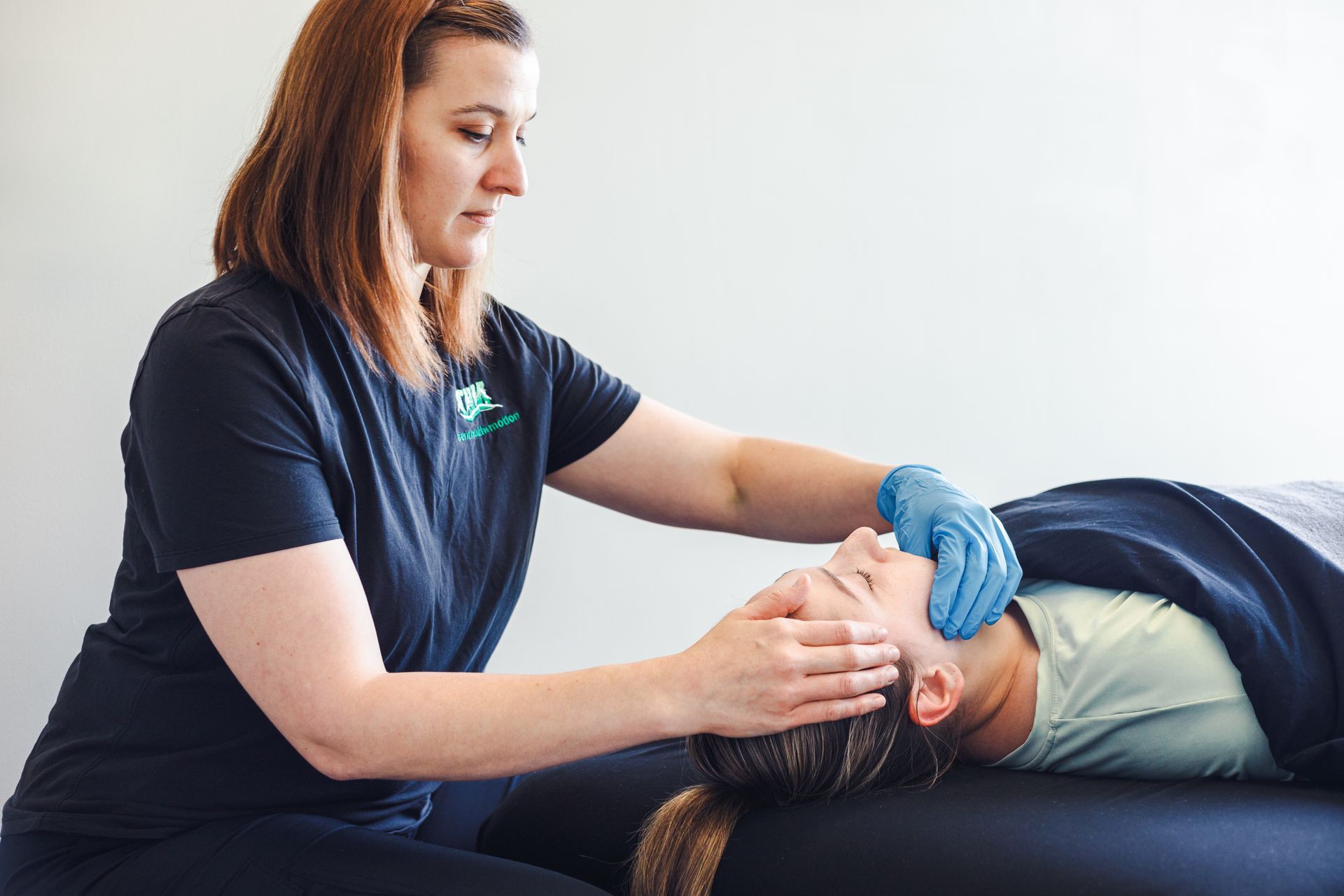Concussion Awareness: Symptoms, Recovery Steps, and Prevention
Concussions are a type of mild traumatic brain injury that can happen to anyone—athletes, students, workers, or anyone experiencing a bump or blow to the head. In a city like Peterborough, where sports, recreation, and active living are part of daily life, recognizing, treating, and preventing concussions is vital to protecting our community’s well-being. At Trent Health in Motion, our multidisciplinary team is committed to concussion education, early intervention, and safe recovery for individuals of all ages.
What is a Concussion?
A concussion occurs when the brain is jolted inside the skull, usually from a direct hit, whiplash, or fall. This movement disrupts normal brain function, leading to complicated symptoms that may last days, weeks, or even longer. Importantly, you don’t need to lose consciousness to have a concussion—many concussions occur without any blackout at all.
Key Symptoms of Concussion
Recognizing concussion symptoms early is critical in preventing further complications and ensuring a safe recovery. Common concussion symptoms include:
- Headache or pressure in the head
- Dizziness or feeling off balance
- Nausea or vomiting
- Confusion, memory problems, or slowed thinking
- Sensitivity to light or noise
- Blurred vision or ringing in the ears
- Irritability, mood changes, or difficulty concentrating
- Drowsiness, fatigue, or trouble sleeping
Symptoms can appear immediately or develop over hours and days after the injury, which is why ongoing monitoring is important.
Why Timely Concussion Assessment Matters
In Peterborough, where hockey, soccer, cycling, and rec sports are always in season, prompt concussion screening is essential. Returning to activity too soon can worsen symptoms and increase the risk of more severe brain injuries. At Trent Health in Motion, our healthcare professionals use evidence-based assessments and communicate closely with local physicians and coaches to support a safe, individualized return to school, work, or sport.
Immediate Steps to Take After a Head Injury
If you suspect a concussion, take these steps right away:
- Remove yourself or your child from play or activity to prevent further injury.
- Rest quietly—do not attempt to “tough it out” or return to sports until assessed.
- Monitor for worsening symptoms such as repeated vomiting, confusion, inability to wake, seizures, or severe headaches. Seek urgent medical care if these are present.
- Schedule a professional evaluation with a trained healthcare provider experienced in concussion management.
At Trent Health in Motion, our team will guide you through a structured recovery process, working closely with other medical professionals for continuity of care.
Effective Concussion Recovery Steps
Every concussion is unique. At our clinic, treatment is tailored to the individual’s needs, symptoms, and goals. Our concussion recovery plan might include:
- Initial rest, followed by a gradual return to cognitive (school, work) and physical (exercise, play) activities
- Supervised graded activity increases, to prevent setbacks
- Individualized exercise programs to address balance, coordination, and neck function
- Headache management and education on triggers/environmental modifications
- Vision and vestibular (balance) rehabilitation, if necessary
- Communication with schools, workplaces, coaches, and families to ensure wide support
Our local approach highlights the importance of working with a Peterborough-based team that understands the lifestyle demands of our community.
Preventing Concussions in Sports and Everyday Life
While not all concussions can be avoided, prevention strategies reduce the risk. Here are key local and general tips:
- Always wear appropriate, well-fitted helmets for sports like hockey, cycling, or skating
- Use proper techniques when playing contact sports—coaches should emphasize safe play and tackling techniques
- Manage playground and sports space for hazards (ensure rinks, fields, and gyms meet safety standards)
- Encourage honest reporting of head injuries: There’s no shame in putting health first
- Address neck strength and body awareness in training programs, which can lessen injury risk
Why Choose Trent Health in Motion for Concussion Management?
Residents of Peterborough benefit from coordinated local care with easy access to assessment and ongoing support. Our multidisciplinary team blends physiotherapy, rehabilitation, education, and sport-specific strategies to address every aspect of concussion recovery and prevention.
Take the Next Step for Brain Health
Prompt action, local expertise, and supportive care make all the difference after a concussion. If you or someone in your family suspects a concussion, turn to Trent Health in Motion for compassionate, evidence-based care close to home. Book an appointment today to start your personalized recovery or learn more about our injury prevention programs for schools, teams, and workplaces. Your brain health is our top priority—let us support your safe return to activity and lasting well-being.
